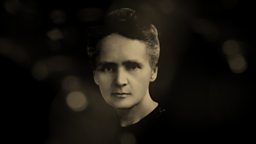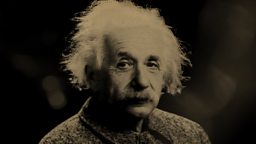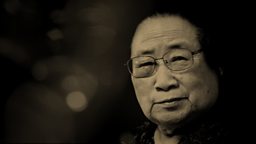Alan Turing
| Fact title | Fact data |
|---|---|
| Lived: |
1912-1954
|
| Born: |
London, UK
|
| Known for: |
Considered the father of the computer and World War Two code-breaker
|
Alan Turing’s calculations made computers possible and helped win a war.
Those who can imagine anything, can create the impossible.
1. He invented the computer – and stops you getting spammed
Turing’s mathematical genius allowed him to foresee the possibility and function of computer like machines before the existence of the necessary technology. Laying out the theory for such devices in an essay in 1936, his revolutionary work provided the foundation for modern computers. He later came-up with the ‘Turing test’ to determine whether a machine is intelligent – or not. The principles of it are reversed online today, when a computers sets you a CAPTCHA test (like distorted letters) to prove you’re a human and not a rogue bot!
2. His machines helped win a war
At the start of World War Two Turing, along with other mathematicians, was recruited to break enemy codes. Working at Bletchley Park, Turing built a machine called a Bombe. It sped-up code-cracking efforts from weeks to hours by trying multiple permutations. The information gleaned helped the Allies gain an upper hand in the war.
3. His legacy has helped change social attitudes in Britain
Turing was a gay man at a time when homosexuality was illegal. Despite his wartime contribution he was arrested for gross indecency in 1952 and given a stark choice between prison and chemical castration (opting for the latter). The arrest also lost him his security clearance and two years later Turing died of cyanide poisoning – whether it was suicide or not is still debated. A campaign to grant him a pardon, fittingly started by e-petition, resulted in him being granted one posthumously in 2013. A subsequent legal amendment dubbed Turing’s Law pardoned 65,000 other people convicted of the same ‘crimes’.
-
![]() ARTISTS & WRITERS WINNER
ARTISTS & WRITERS WINNER
-
![]() SPORTS STARS WINNER
SPORTS STARS WINNER
-
![]() ENTERTAINERS WINNER
ENTERTAINERS WINNER
-
![]() SCIENTISTS WINNER
SCIENTISTS WINNER
-
![]() EXPLORERS WINNER
EXPLORERS WINNER
-
![]() LEADERS WINNER
LEADERS WINNER
-
![]() SCIENTISTS WINNER
SCIENTISTS WINNER

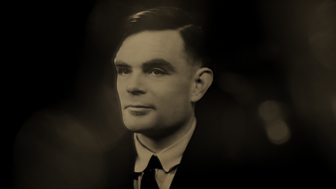
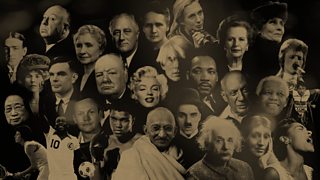
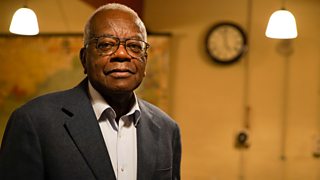

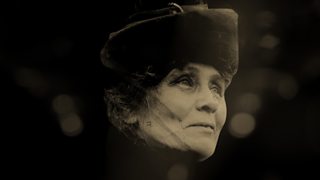
 ARTISTS & WRITERS WINNER
ARTISTS & WRITERS WINNER
 SPORTS STARS WINNER
SPORTS STARS WINNER
 ENTERTAINERS WINNER
ENTERTAINERS WINNER
 SCIENTISTS WINNER
SCIENTISTS WINNER
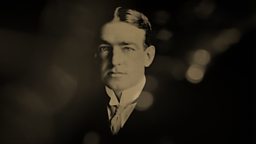 EXPLORERS WINNER
EXPLORERS WINNER
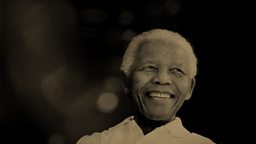 LEADERS WINNER
LEADERS WINNER
